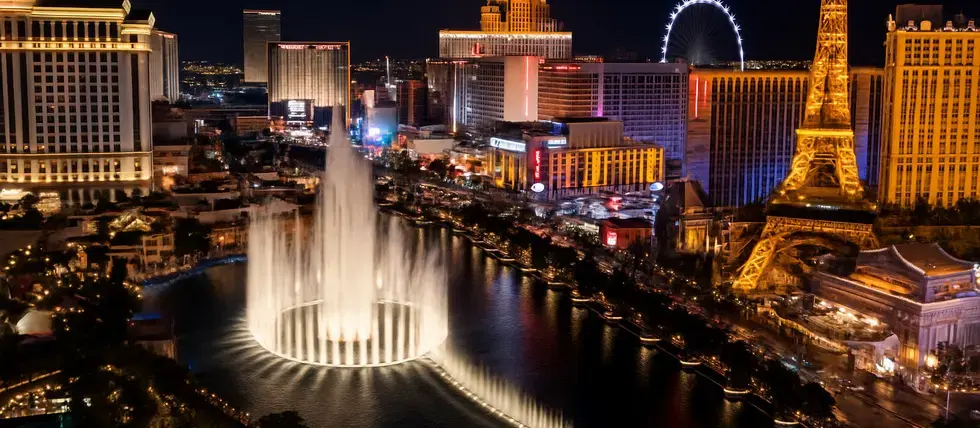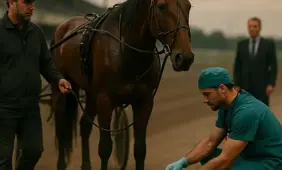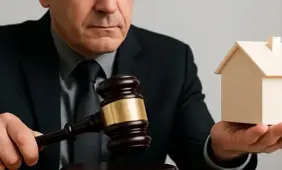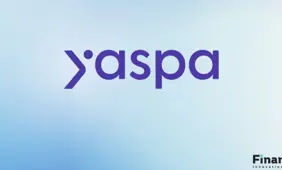Vegas Reportedly Considers Reinstating the Resort Corridor Court
State and industry leaders are weighing a revival of the short-lived Resort Corridor Court to curb crime and protect the Las Vegas Strip's reputation.

Lawmakers, prosecutors and casino operators in Nevada are reopening debate over the Resort Corridor Court, a specialized program that ran between 2023 and 2024 aimed at reducing disorder on the Las Vegas Strip. The discussion has gained momentum after Governor Joe Lombardo signaled he would recall the legislature to complete unfinished business, and local outlets report the court’s reinstatement will be part of those talks.
The court grew out of a 2022 Clark County ordinance that allowed judges to issue so-called order-out orders – civil and criminal restrictions barring individuals from entering specified resort areas for up to a year. Clark County Justice Court records reviewed by local media show roughly 4,100 such orders were issued during the program’s operation, and trespassing accounted for the majority of the charges that led to the bans.
Proponents, including the Nevada Resort Association and several local prosecutors, say the program restored a measure of safety for visitors and protected the Strip’s vital tourism economy. Resort executives have repeatedly argued that visible disorder can drive away customers and damage Las Vegas’s global brand; in their view, a tailored judicial mechanism is a practical tool for keeping high-traffic corridors open and secure.
Supporters point to enforcement data showing frequent breaches of order-out orders – including cases where people with active bans were arrested for re-entering the Strip – as evidence that an adjudicated, centralized process was more effective than disparate municipal responses.
More Regulation News
 Regulation
Regulation
Hernandez Breaks Silence After UFC 324 Fight Canceled over Suspicious Betting
Feb 02, 2026Legal Debates Surrounding the Resort Corridor Court
Opponents counter that the Resort Corridor Court diverted limited criminal-justice resources to low-level offenses and disproportionately affected people experiencing homelessness. Assistant Public Defender John Piro said the program essentially created a parallel justice system that answered to the resorts. "We have equal justice under the law. I don’t understand how the wealthy and powerful can direct the court to do their bidding", Piro said, arguing that the court resulted in jailing vulnerable people for homelessness-related offenses at public expense.
Deputy Public Defender Olivia Miller, who served on the court during its run, expressed frustration that the initiative did not confront underlying causes of on-Strip disturbance. "Most of the incidents we saw were rooted in homelessness, untreated mental illness, substance use disorders, or a mix of those issues – and courtroom sanctions alone do not provide care or stability for those people", Miller said.
Athar Haseebullah, executive director of the ACLU of Nevada, emphasized that the vast majority of order-out orders were not tied to violent crimes. "An overwhelming majority of these orders were for non-violent conduct. To many, it looks like resorts are deciding who is welcome in public spaces", he said, voicing civil-rights concerns and raising constitutional questions about the 2022 ordinance.
Legal analysts have flagged potential challenges to the ordinance’s scope and the court’s remit, including whether blanket geographic bans can lawfully restrict movement and whether such measures disproportionately burden protected populations. Constitutional scholars say any reinstatement would likely prompt litigation testing those limits.
As the legislature prepares to reconvene, stakeholders on both sides are preparing testimony and mobilizing advocacy. Prosecutors and resort associations are framing the debate around visitor safety and economic impact; defenders and civil-rights groups are prioritizing due process and social services. For Nevada’s lawmakers, the choice will be whether to revive a targeted judicial tool – and, if so, how to pair enforcement with investments in housing, mental-health services and substance-use treatment to address the root drivers of on-Strip disorder.
What Comes Next: Court’s Potential Revival
Expect further coverage as the legislature sets an agenda and as local officials outline legislative language. Observers say the next actions to watch are any bill drafts, committee hearings at the Nevada Legislature in Carson City, and statements from major industry groups, Clark County judges and the Las Vegas Metropolitan Police Department. Any revival of the Resort Corridor Court is also likely to draw prompt legal challenges from civil-rights organizations seeking to protect the rights of unhoused and marginalized residents.
RELATED TOPICS: Regulation
Most Read
Mississippi Committee Advances Bill to Criminalize Online Sweepstakes Casinos
Jan 29, 2026Giuseppe Iadisernia Wins Seminole Hard Rock Lucky Hearts Poker Open Championship
Jan 28, 2026Must Read
 Interviews
Interviews
Exclusive Interview: Levon Nikoghosyan Shares AffPapa Winning Formula for Successful iGaming Events
Dec 03, 2025 Interviews
Interviews





Review this New Post
Leave a Comment
User Comments
Comments for Vegas Reportedly Considers Reinstating the Resort Corridor Court